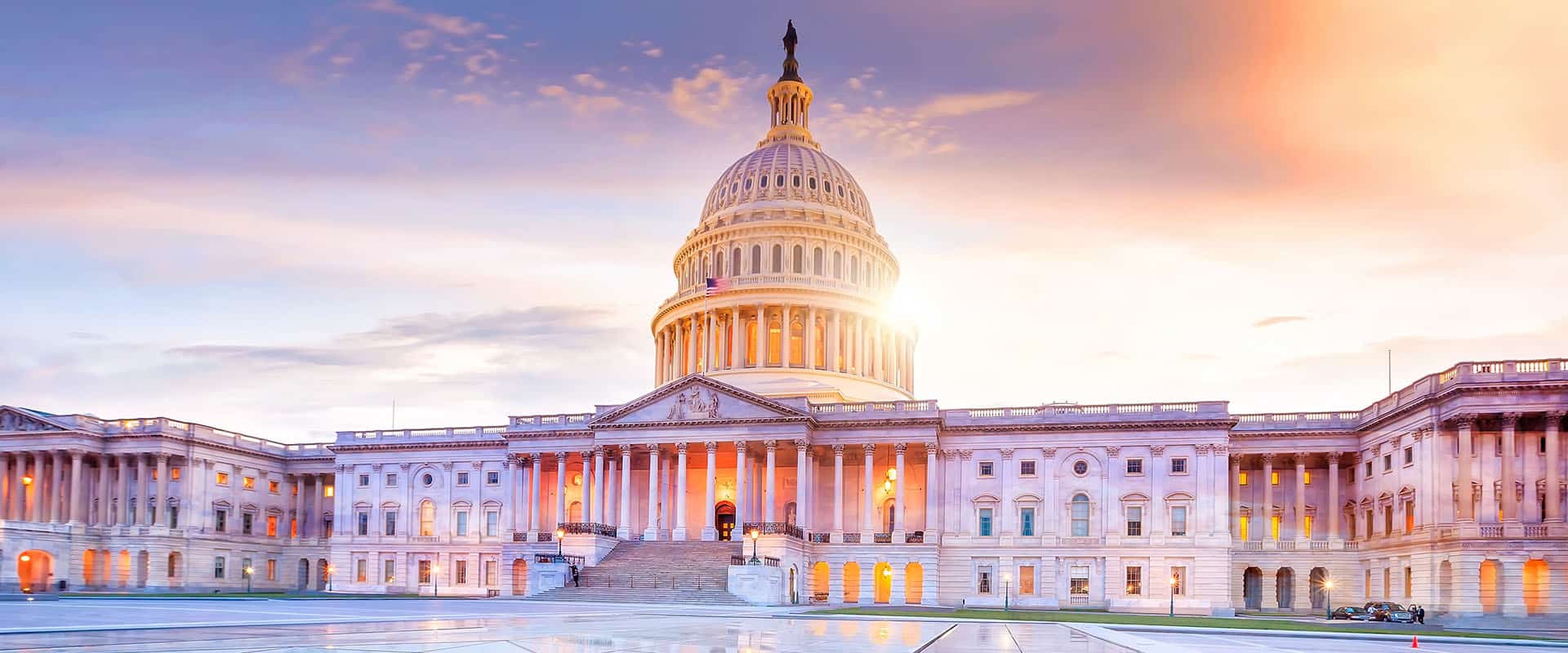Eargo Inc. (Eargo), has agreed to pay $34.37 million to resolve allegations that it submitted, or caused the submission of, claims for hearing aid devices for reimbursement to the Federal Employees Health Benefits Program (FEHBP) that contained unsupported hearing loss diagnosis codes.
The FEHBP, administered by the U.S. Office of Personnel Management (OPM), is the largest employer-sponsored group health insurance program in the world. It provides health benefits through various health insurance carriers and covers over eight million federal employees, retirees, former employees, family members, and former spouses.
Certain FEHBP health insurance plans elect to offer a hearing aid benefit, which varies from plan to plan. FEHBP carriers that offer a hearing aid benefit require that claims for hearing aid devices include a hearing loss-related diagnosis code. These diagnosis codes must be supported by a hearing loss diagnosis, which is typically based on a hearing test performed by a health-care provider.
The United States alleged that, from January 1, 2017, through January 31, 2021, Eargo included unsupported hearing loss-related diagnosis codes on claims for hearing aid devices that Eargo submitted to the FEHBP and on invoices—called superbills—that Eargo provided to FEHBP beneficiaries to obtain reimbursement for such devices from the FEHBP.
The United States further alleged that between February 1, 2021, and September 22, 2021, Eargo continued to include these unsupported hearing loss-related diagnosis codes on claims and superbills—even after completing an internal review of its billing and coding practices in January 2021—resulting in Eargo knowingly submitting or causing the submission of false claims for payment to the FEHBP.
Reference
U.S. Department of Justice. (2022) Hearing aid company Eargo inc. agrees to pay $34.37 million to settle common law and false claims act allegations for unsupported diagnosis codes. Electronically published April 29.
Related Posts
CMS Issues Final Rule to Improve Access, Accountability, and Transparency in Medicaid Managed Care
The Centers for Medicare and Medicaid (CMS) recently issued a final rule aimed at improving access to care, accountability and transparency for the more than 70…
April 2024 State Legislative Update
In early April, as 19 state legislatures concluded their sessions for the year, a flurry of legislative activity marked the landscape, particularly in audiology and…
Medicare Advantage Plans Now Required to Inform Beneficiaries of Hearing Benefits
On April 4, 2024, the Centers for Medicare and Medicaid Services (CMS) issued a final rule that updates the Medicare Advantage Program for 2025. In…


